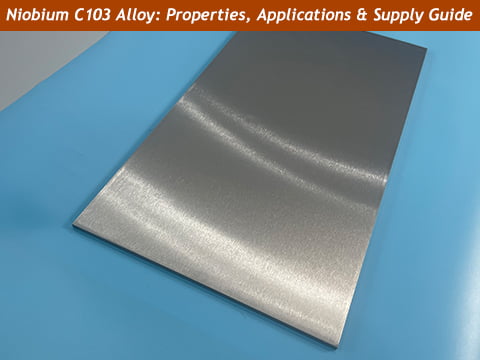AEM Metal
- Refractory Metal Materials Manufacturer!TEL: +86-731-89578196 | EMAIL: [email protected]
Tungsten
Molybdenum
Tantalum
- Tantalum Powder
- Tantalum Carbide Powder
- Tantalum Oxide Powder
- Tantalum Foil
- Tantalum Sheet
- Tantalum Plate
- Tantalum Rod
- Tantalum Bar
- Tantalum Wire
- Tantalum Tube
- Tantalum Crucible
- Tantalum Sputtering Target
- Tantalum Tungsten Alloy
- Tantalum Niobium Alloy
- Tantalum Ingots
- Tantalum Nitride Powder
- Spherical Tantalum Powder
Titanium
- Titanium Foil
- Titanium Mesh
- Titanium Powder
- Titanium Wire
- Titanium Strip
- Titanium Sheet
- Titanium Plate
- Titanium Rod
- Titanium Bar
- Titanium Tube
- Titanium Sputtering Target
- Titanium Flange
- Titanium Fittings
- Titanium Fasteners
- Titanium Carbonitride Powder
- Titanium Carbide Powder
- Spherical Titanium Powder
- Custom Titanium Parts
- Titanium Sponge
- Nitinol Alloys
Zirconium
Spherical Powders
- Spherical Tantalum Powder
- Spherical Niobium Powder
- Hafnium Powder
- Zirconium Powder
- Spherical Cobalt Powder
- Spherical Chromium Powder
- Spherical Titanium Powder
- Spherical Tungsten Powder
- Spherical Molybdenum Powder
- Spherical Nickel Powder
- Copper Powder
- Spherical Iron Powder
- Spherical Aluminium Powder
- Spherical Silver Powder
- Rhenium Powder
- Other Powders











